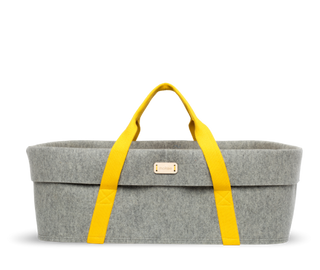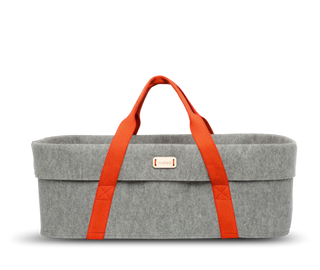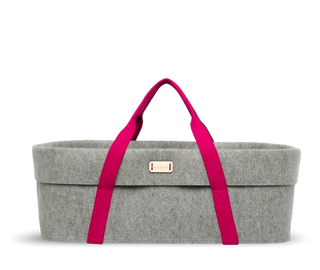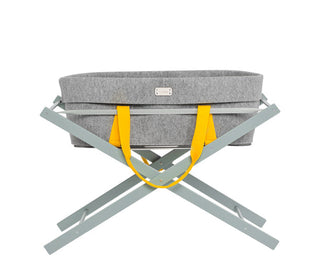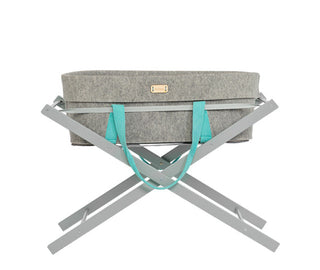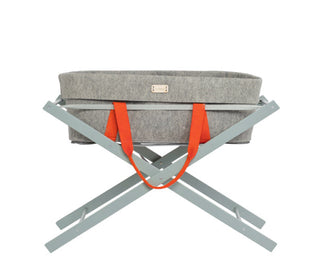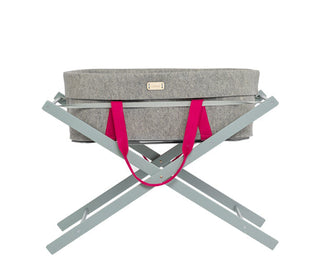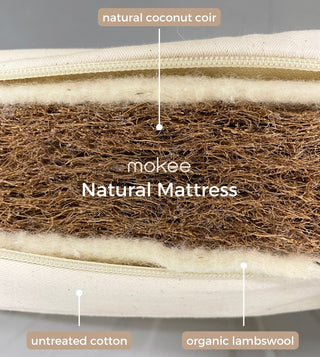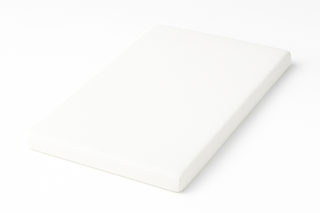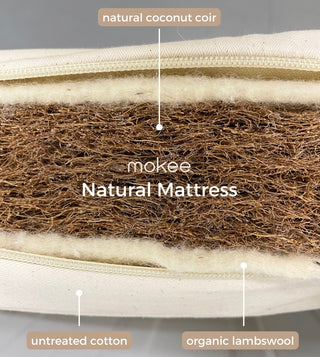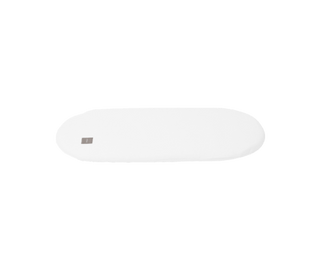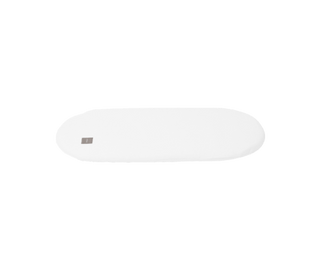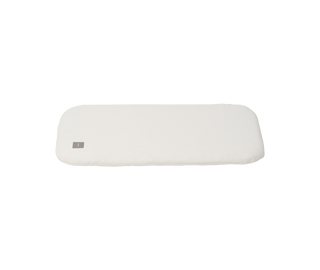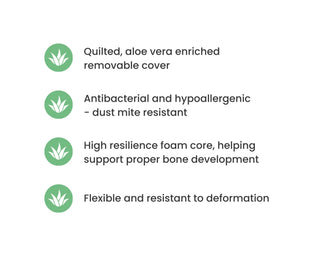Weaning tips for your baby - how to start?
3 min read
by Nichola Luldma-Raine • Registered Dietitian & blogger at MummyNutrition.com
Weaning, which is more formally known as ‘complementary feeding’, is the introduction of solid foods into the diet of a baby who has been solely reliant on breast milk or infant formula milk.
During the initial stages of weaning it is less about how much babies are eating, and more about getting them used to the food and the idea of eating, as they will still be getting most of their nutrients from milk. As a baby eats more though, the proportion of energy from food will become more than that from milk.
Nutrients including iron are needed in greater quantities from 6 months of age (as the birth stores begin to run out) and neither breastmilk nor formula alone can provide these alone, meaning careful planning of a baby’s weaning diet is important.
When to Start Weaning your Baby
In the UK mothers are encouraged to breastfeed exclusively for their baby’s first six months of life, this is because breast milk protects babies from infections and diseases, in addition to providing health benefits for the mother too. If mothers cannot breastfeed then other alternatives may be explored, for example using formula milk.
If you do decide to start weaning before six months, do not do so before your baby is at least four months old (or 17 weeks) and make sure to not give your baby any of the following foods due to the increased risk of allergy: Wheat and gluten (found in foods such as bread, pasta and biscuits), egg, yoghurt, cheese and milk, nuts (including peanuts), seeds, fish and shellfish and soy-based formula (unless recommended by your GP). Be careful though as many commercial baby foods labelled as suitable from 4 months contain these ingredients.
It’s also important to avoid unpasteurised cheeses, salt and high salt foods such as soy sauce, high sugar foods like sweets, honey, foods with additives (E-numbers), diet foods and foods containing caffeine or stimulants at any stage during weaning.
How to Start Weaning your Baby
Allow your baby to touch and hold foods initially; soft finger foods should be cut up into pieces big enough so your baby can hold them in their first and see them sticking out of the top; these are needed to teach your baby how to move food around their mouths, encourage your baby to chew and ultimately swallow foods without gagging.
Between six and nine months of age your baby can be offered foods initially of a pureed or mashed consistency progressing to food with some lumps at around 7 months, as well as soft finger foods for example cooked pieces of broccoli, parsnips, peppers, courgette and avocado, as well as banana, kiwi and pineapple. Starting with bitter vegetables such as broccoli, spinach and cauliflower can be helpful to encourage the bitter and sour taste buds to develop; sweet taste buds are already mature and so your baby will accept sweeter foods more readily.
You can also offer your baby foods such as porridge as well as mashed potato, and soft bread sticks, in addition to soft pieces of foods rich in iron and protein, for example, slow cooked beef, dark chicken, turkey, fish (with no bones), eggs and lentils. Full fat, unsweetened and pasteurised yoghurts may also be offered however full fat cow’s milk shouldn’t be offered as a drink until your baby is 12 months old; it can, however, be used in cooking, on cereal or to mash up food. Baby rice doesn’t really have a place in modern day weaning, however, it can be useful to thicken purees if they come out too runny.
Initially, babies need only to be offered food once a day, but build up to three times a day to mimic your own three meal a day meal pattern by 6.5 to 7 months of age. By the time babies are around 12 months old, they should be eating at least three small portions of healthy family meals plus 3 small snacks in between. If foods are rejected – and the bitter vegetables will be at least initially, keep offering the food as it may take several attempts for your baby to eat and enjoy it.
Regarding fluid, breastfed babies should continue to be offered regular breastfeeds but you may need to stop feeding on demand and encourage a routine in order for weaning to progress. Formula fed babies should be offered around 500-600ml of infant formula across 3-4 feeds; in hot weather formula fed babies may need some extra cooled boiled water from a cup to avoid dehydration.
Foods to Avoid
To reduce the risk of choking babies shouldn’t be given whole grapes, hard and small pieces of fruit or vegetables such as raw apple and carrot (these should be grated initially), whole nuts and popcorn.
Baby’s should also not be given honey before the age of 12 months, as although very unlikely it may contain the food poisoning bacteria botulism which can make them extremely ill, and you shouldn’t add any sugar or salt to any of their foods; remove their food portion from the pan first if you wish to add these to your meal.
Sugary foods such as biscuits and cakes are unnecessary and salty foods such as bacon, ham, bread and cheese should also be limited.
Weaning Supplements
Breastfed babies require daily vitamin drops containing 8.5 to 10mcg of vitamin D. Formula fed babies only require this if they’re having less than 500ml of formula a day (as it is already fortified).
From the age of six months, babies should be given vitamin drops containing vitamins A, C and D, unless, as mentioned above, they’re having 500ml of formula a day. These vitamins should continue until children are five years old.


















